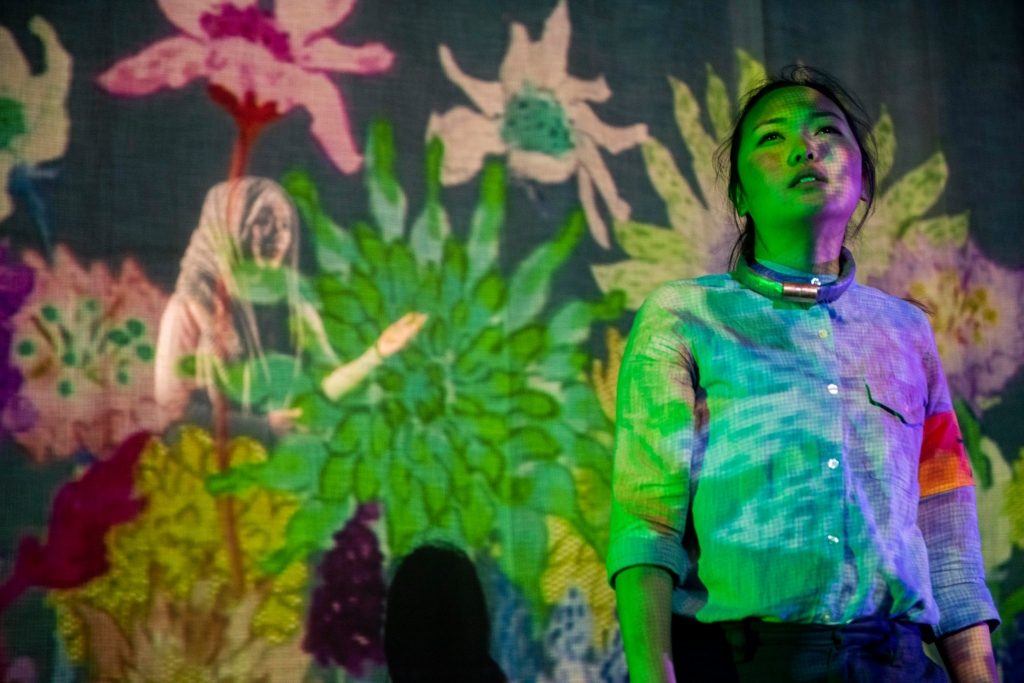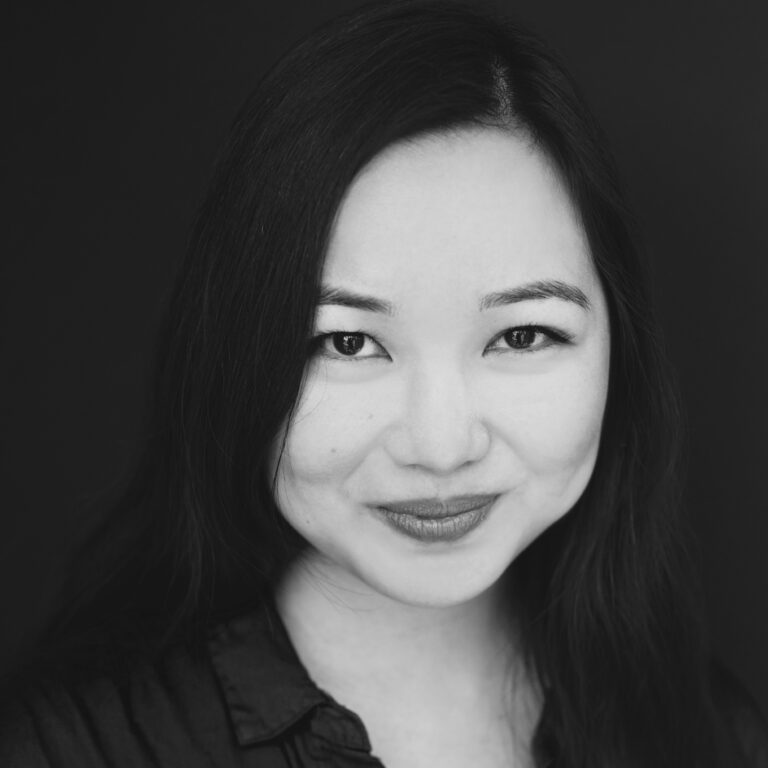Cantonese, Culture, and Being ‘Canadian’
Ten years ago, I moved from Hong Kong to Canada. It still boggles my mind that it has been ten years. I came here because I wanted to pursue theatre in some form, and I definitely didn’t want to study the International Baccalaureate Diploma – which I would’ve had to do if I stayed in Hong Kong.
I studied at an international school in Hong Kong, which, for those of you who don’t know me, means that I speak fluent English. But it did put me at a disadvantage – I don’t have a complete grasp of Cantonese, the language primarily spoken in Hong Kong. I can speak it, but I don’t understand the intricacies of the language, nor can I fluently read or write. And this limited many opportunities for me as an actor. As a result, I grew up knowing only the limited English speaking theatre in Hong Kong and the opportunities that followed from that. All these circumstances led me to Canada.
When I came here, I was (and am) incredibly jealous of the range of youth programs offered in Toronto. Every year, I hear more about companies that offer mentorship and training to the youth—such as the AMY Project and Paprika Festival. Those two programs alone provide so much more than what I was offered in Hong Kong. I consider myself lucky, as when I was a teenager I found a summer musical school program that allowed me to do one musical a year.

Photo of Hong Kong courtesy of April Leung
In Toronto, I was thrilled to discover the variety of theatre from larger theatres to grassroots companies. There are so many wonderful indie companies to look out for. But I’ve noticed that the audiences who regularly see shows often stick to one or two big companies that they normally attend. Maybe they haven’t heard about smaller companies or shows, or they’re nervous to take a leap of faith, but I urge those audience members to go for it! There are so many smaller companies with shows that cost less than a blockbuster touring musical, but they’re equally enjoyable. In case you need some ideas, look into: Cahoots Theatre, fu-GEN Theatre, Native Earth, Nightswimming, Why Not Theatre, Obsidian, and if you’ve got some little ones, Solar Stage (but also know this list doesn’t even cover half of the companies, there are so many more).
But the summer theatre festivals really bring indie and audiences together—The Toronto Fringe Festival in July and Summerworks in August. And it was as a Fringe audience member that I came across Silk Bath in its first iteration. Back in 2016, I heard of a show that featured an all-Asian cast and was performed in Cantonese, Mandarin, and English. I knew I had to see it, and I was blown away when I did. It had been so long since I had heard Cantonese spoken in performance and media. I had forgotten how wonderful it was to hear your own language on stage. Hearing your mother tongue can be rare, if it’s different from the primary language of the country you’re in. After Silk Bath, and various events leading up to this point, I made the decision to incorporate more Cantonese into my artistic life (and have done so since!).
Silk Bath, created by the incredible trio—Aaron Jan, Bessie Cheng, and Gloria Mok—went on to be a part of the Next Stage Festival in 2017, and then had a workshop at Tarragon Theatre (Silk Bath 2.0) in March 2018. Following a show through development is such a personal and rewarding experience. I don’t know how many audience members, myself included, have the luxury to make time for that process. But this fall, two years after I sat in the audience for Silk Bath, I’m performing in the latest evolution of this story —Yellow Rabbit.

Photo of En Lai Mah and April Leung by Cesar Ghisilieri.
I want to share a funny, possibly not-so-funny story. When I attended Silk Bath 2.0 at Tarragon, I went up to the cast after the show to chat with them. A lovely audience member walked up to us and congratulated all three of us on the show. She looked me in the eye and shook my hand. But I wasn’t in that show. The cast and I decided that she must’ve mistaken me for one of the other actors, and this became a running joke. The exact same scenario had happened during the Next Stage Festival, with the same cast mate but with a different Asian actor. And now, I am actually a part of this new show, so, yay? If that lovely lady is reading this – I don’t even know if you’d know it’s you, but you should come check out Yellow Rabbit now since I’ll actually be on stage!
Our run is sold out, but watch your social media feeds for people giving up tickets last minute and you can always call the box office for rush ticket availability. And if not Yellow Rabbit, then another show about a culture you don’t belong to, or a history you’ve never read about, or a show in a language that you don’t speak. There is something so beautiful about a culture being able to share its story in their own language. English can be inadequate in its storytelling, especially when talking about other cultures. I miss watching Cantonese dramas because of the way language is used – there are so many colloquial and slang ways of speaking, it’s unlike anything else. It’s something I strive to achieve in my own writing, and hopefully I do it justice. As a community, it’s important that we give space and time to other works. There is more than just ‘Canadian’ culture out there, because what is Canadian culture anyway?!
But that’s a different story. So for now, go try something new. Step out of your comfort zone. I’ll see you there.









Comments